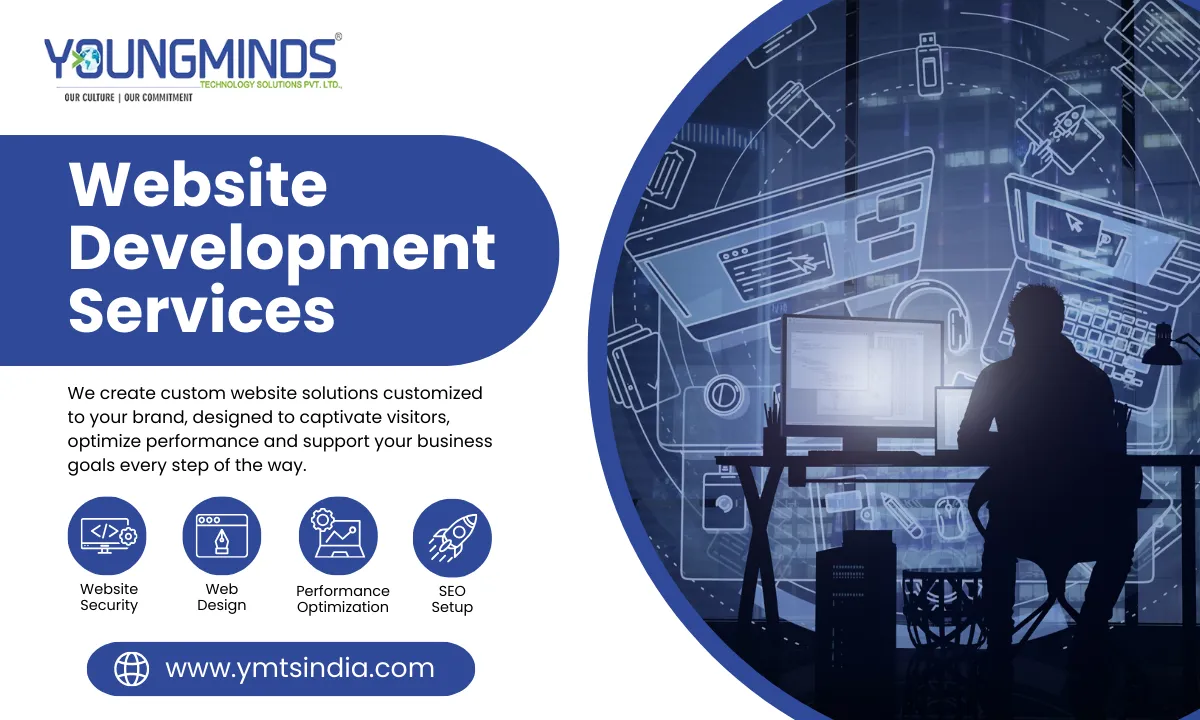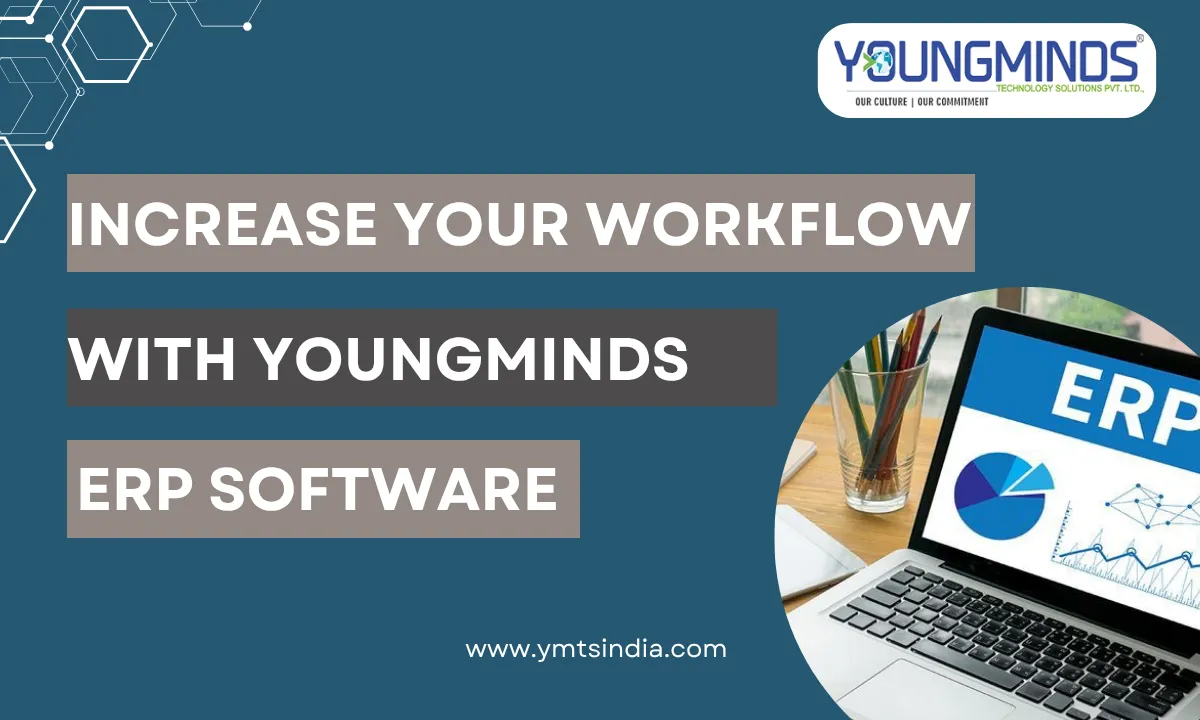The benefits of implementing an ERP system in a small business
As small businesses continue to grow and scale, it becomes increasingly important to optimize business processes and increase efficiency to maximize profits. One tool that can help small businesses achieve these goals is implementing an enterprise resource planning (ERP) system. An ERP system can help small businesses streamline their operations, reduce costs, and improve productivity. In this article, we'll explore the benefits of implementing an ERP system in a small business.
benefits of an ERP system
1. Improved efficiency and productivity
Implementing an ERP system can greatly improve the efficiency and productivity of a small business. Instead of using multiple software applications to manage different business processes, an ERP system integrates all the necessary applications into one platform. This can eliminate the need for duplicate data entry and ensure that all employees have access to the same information in real-time.
For example, a small manufacturing company can use an ERP system to integrate inventory management, production planning, and customer relationship management (CRM) into one platform. This can help the company automate manual processes, reduce errors, and optimize production schedules.
2. Better decision-making
An ERP system can provide small businesses with accurate and timely data, which can help them make informed decisions. With an ERP system, small business owners can track sales, inventory levels, customer data, and other important metrics in real-time. This can help them identify trends, make informed decisions, and quickly respond to changes in the market.
For example, a small retailer can use an ERP system to track sales data across multiple channels, such as in-store, online, and mobile. This can help the retailer identify which products are selling well, which channels are performing best, and which marketing campaigns are driving the most revenue. Armed with this data, the retailer can make informed decisions about which products to stock, which channels to focus on, and which marketing strategies to invest in.
3. Enhanced collaboration and communication
An ERP system can help small businesses improve collaboration and communication between different departments and teams. With an ERP system, employees from different departments can access the same data and collaborate on projects in real-time. This can help reduce silos and improve communication across the organization.
For example, a small service company can use an ERP system to manage project workflows, track project progress, and collaborate with different teams. This can help the company streamline project management, reduce errors, and improve customer satisfaction.
4. Cost savings
Implementing an ERP system can help small businesses save money in several ways. First, an ERP system can help automate manual processes, which can reduce labor costs and increase productivity. Second, an ERP system can help small businesses reduce inventory costs by optimizing inventory levels and reducing stockouts. Third, an ERP system can help small businesses reduce errors and rework, which can save money and improve customer satisfaction.
For example, a small distributor can use an ERP system to optimize inventory levels, reduce stockouts, and minimize excess inventory. This can help the distributor reduce inventory costs and improve cash flow.
5. Scalability
An ERP system can help small businesses scale their operations as they grow. With an ERP system, small businesses can easily add new users, locations, and business processes without disrupting existing operations. This can help small businesses adapt to changing market conditions and seize new opportunities.
For example, a small e-commerce company can use an ERP system to manage its entire supply chain, from purchasing and inventory management to order fulfillment and shipping. As the company grows, it can easily add new warehouses, suppliers, and sales channels to the ERP system.
In Conclusion, Implementing an ERP system can provide many benefits to small businesses. From improving efficiency and productivity to enhancing collaboration and communication, an ERP system can help small businesses optimize their operations and increase profitability. With the right ERP system, small businesses can gain a competitive advantage, adapt to changing market conditions, and achieve long-term success.































































